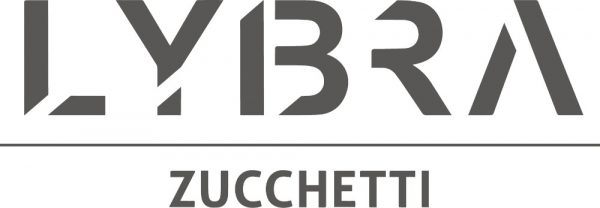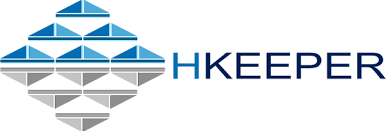Hospitality is everywhere
Management of hotel and tourism businesses is a very interesting profession that combines communication, people management and technology, offers great variety and rotation and, mainly, excellent career prospects in a rapidly growing sector. At the same time, the tourism industry is at the cutting edge of technology and innovation, utilises talented persons, rewards creativity and has a global horizon.
The Hospitality & Tourism Management department at BCA combines comprehensive academic education and practical training conducted by prestigious academics and renowned professionals of the largest Greek and multinational companies. The students’ educational experience is enriched with many projects, presentations of assignments, simulations of practical functions within the College, practical exercises in five-star hotel establishments, as well as seminars, workshops and webinars, so that students will be full-fledged professionals already upon graduation, ready to assume any position of responsibility in Greece or abroad.
The BCA City Campus is home to a 5-star boutique hotel, unique in Greece, that has been created so that students can combine theoretical education and practical training at the same time, in the same place. BCA attaches great importance to training on the “battlefield” and supports in practice the view that efficient managers are those who know first-hand the character, requirements and prospects of each department they manage. This is why students often practice on work “scenarios” that simulate the conditions they will encounter in a hotel in real life. For the benefit of its students, BCA has established partnerships with companies that offer know-how and training across all sectors that a hotel management executive may be required to manage, from the advanced software programmes used in Front Office & Reservations, to the coffee ritual and the secrets of the work of a Barista Specialist.





















